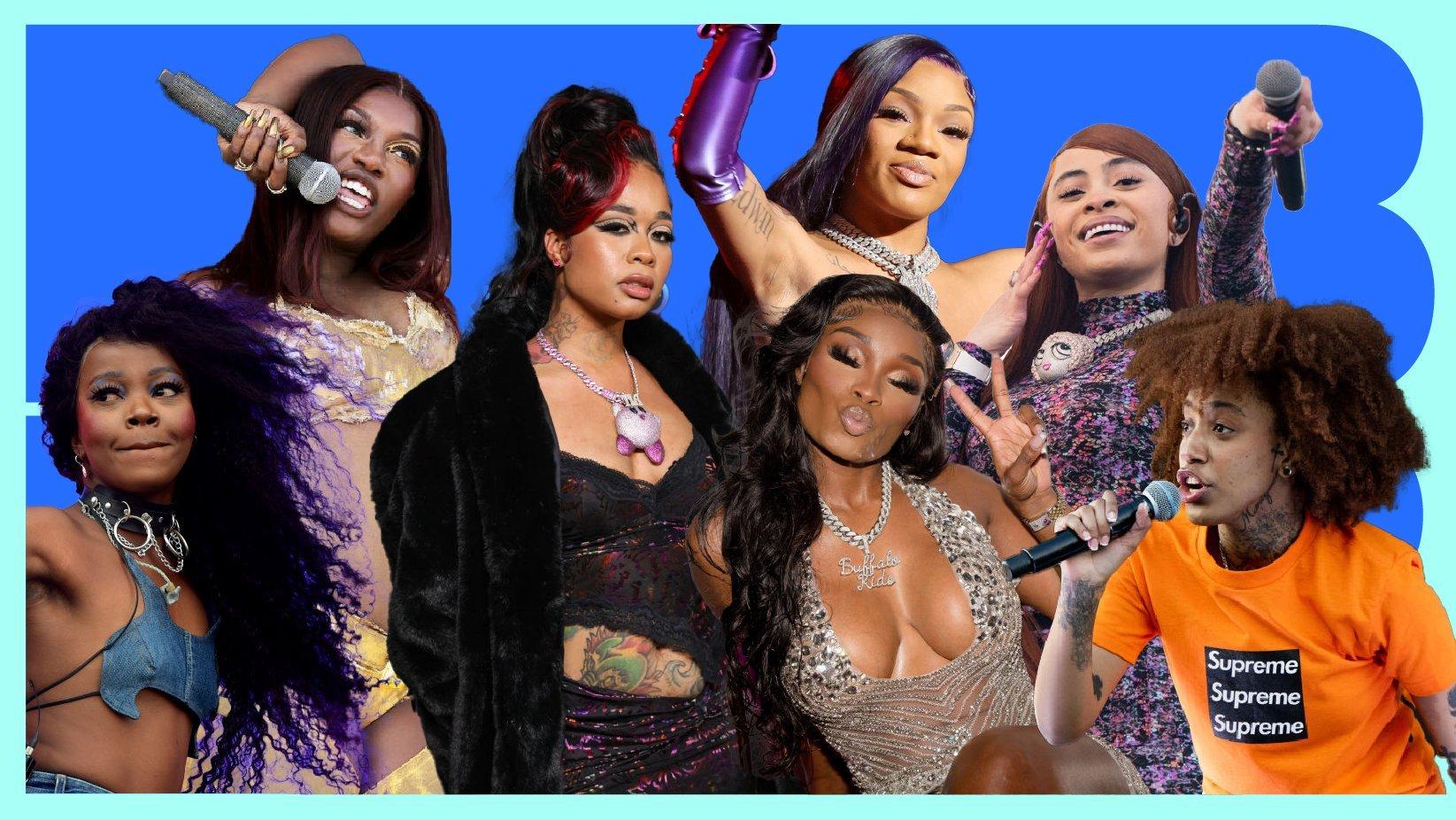Shocking Truth Exposed: The Dark Side of Viral Fame Without Consent!
In today's world social media is like a big bustling city square where everyone gathers to share stories jokes and pictures. But imagine if someone secretly took your photo while you were having a bad hair day or tripping over a sidewalk and then showed it to everyone in that square. That's what happens when people post photos or videos of others on social media without asking. It's like sharing a secret that wasn't yours to tell.
The Internet: A Playground for Unwanted Fame

The internet can be a fun place like a playground. But sometimes it's like a playground where someone takes your picture while you're not looking and then shows it to everyone. This happens a lot these days. People get filmed while they're just living their lives maybe eating a sandwich in a funny way or sleeping on a bus. Then suddenly they're famous on the internet but not in a good way. They didn't ask for this fame and it can make them feel really embarrassed or upset.
Privacy is like having a safe space where you can be yourself without worrying about others watching. But on the internet it's hard to keep that safe space. When someone shares your picture or story without asking it's like they're walking into your room without knocking. You might wonder "Don't I have a right to keep my stuff private?" Well you do. But online it's tricky. Laws about this are still catching up and sometimes they're not strong enough to protect your online room.
Social media sites are like big clubs where everyone hangs out. These clubs have rules but sometimes they're not strict enough about asking permission before sharing photos or videos. They're trying to do better like putting up signs that say "Please ask before you share." But it's not just about rules; it's about being kind and thinking "Would I want someone to share my picture without asking me?" It's about treating others the way you want to be treated.
The Harm of Going Viral Without Consent
Videos and posts that depict strangers without their consent have become all too common on social media platforms like TikTok and Twitter. For example a man in a viral TikTok video was falsely accused of lying to a woman to get out of a date. In another instance a woman was made the star of a TikTok stunt without her consent which she later described as dehumanizing.
In some cases individuals with conditions like dementia or homelessness are filmed without consent and infantilized or exposed to ridicule. Others such as parents transform their children into viral stars. These actions are not only immoral and degrading but also addictive with millions of views discouraging reflection and genuine apology.
The problem with these actions is that they are undertaken with no regard for the privacy and dignity of the individuals being depicted. Often moral scolding is implicit in the video or post with comments suggesting that it is wrong to be homeless gross to be ill or pathetic to be unhappy. These actions are not only cruel but also demonstrate a lack of empathy and social responsibility.
The Importance of Social Media Consent
While a majority of what individuals post online is harmless the nature of some social media platforms like TikTok and Twitter makes it easy for content to go viral without permission. This means that posts and videos can be viewed by anyone including those who don't follow the individual or know them personally.
When it comes to posting about our friends and family it's crucial to be mindful of their privacy and only share what they have given us permission to share. We should respect their boundaries and remember that not everything is meant for public consumption.
However the rules change when it comes to strangers. In these cases it's absolutely essential to always obtain consent before using their images or stories for our personal gain or entertainment. We must recognize that everyone has a right to control how their information is used and shared especially when it involves their personal lives.
Social media platforms can play a vital role in promoting a culture of consent. They have the ability to remind users about the importance of obtaining consent before posting. By implementing features such as pop-up reminders or checklists platforms can introduce a moment of reflection before hitting that "share" button.
These measures can help ensure that users are considering the humanity of the individuals they are posting about and making informed decisions about what to share online. By incorporating these reminders platforms can encourage responsible posting and help users become more conscious of the impact their actions have on others. Ultimately it's about creating a community that values consent and respects the privacy and dignity of all individuals involved.
Efforts to Protect Privacy Rights

Although there is currently no blanket law against posting strangers without their consent more specific laws are being considered to handle some scenarios raised by nonconsensual virality especially as it applies to children. In France for example a recent law entitles child influencers to demand that platforms scrub all traces of them once they reach a certain age. In the United States lawmakers are considering a similar law.
Another proposed law in France would hold parents responsible for their children's privacy rights especially in cases where parents are creating content for their children without their input or consent. As future generations become more sensitive to the importance of privacy and dignity it is hoped that a normative shift will occur making it the responsibility of all individuals to obtain proper consent before using other people's images or information.
In conclusion the issue of social media and consent is an important one and requires more critical thought and discussion. While a majority of what people post online is harmless and will remain so it is crucial to consider the privacy and dignity of others when posting about them online.
Platforms should also consider introducing measures that encourage responsible use such as reminder messages and checklists that highlight the importance of obtaining consent. Furthermore existing privacy laws need to continue to evolve to keep up with changes in technology and ensure that people's rights are being protected.
It is only by working together that we can create a world where privacy and dignity are respected and where we can all enjoy the benefits of social media without having to worry about being exposed to public scrutiny or ridicule.



